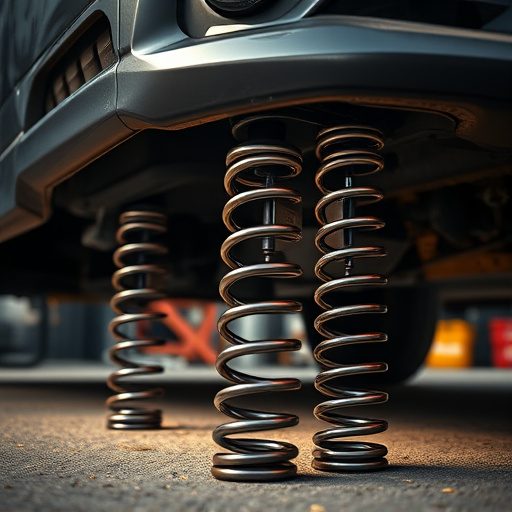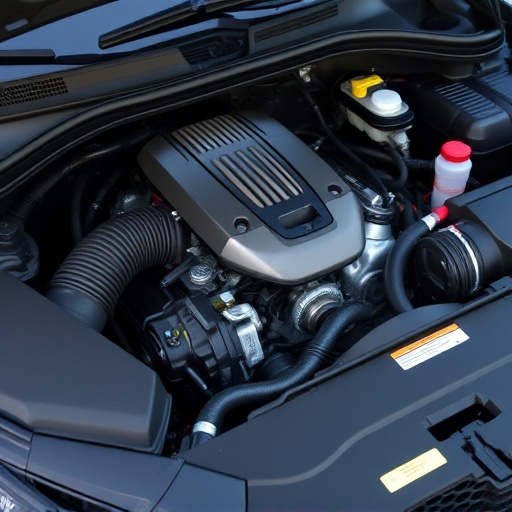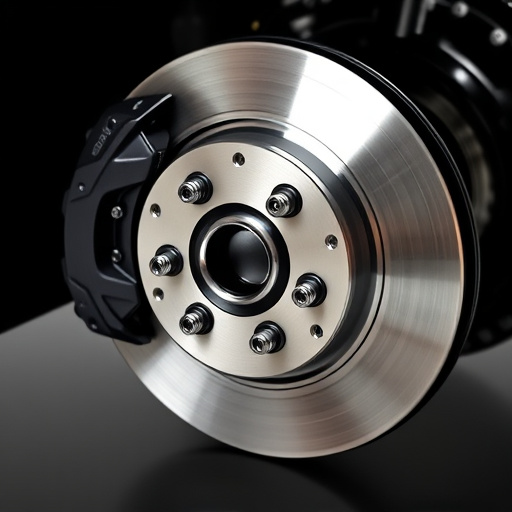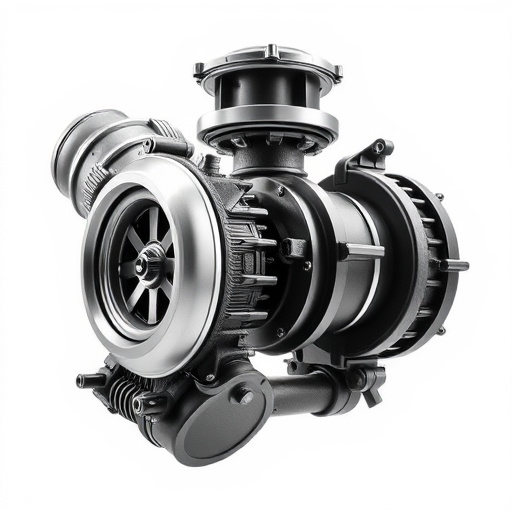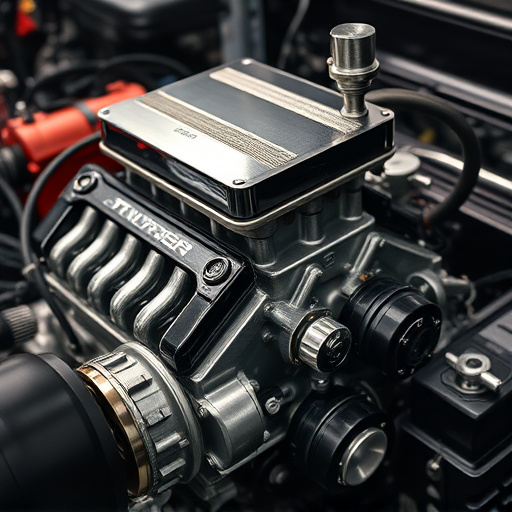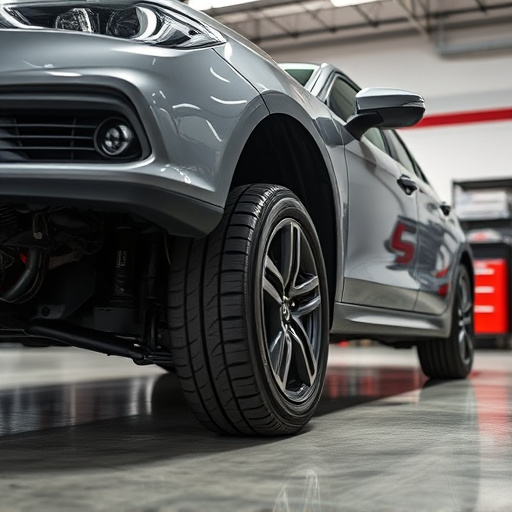Engine tuning optimizes performance by balancing power output and fuel efficiency through precise adjustments to fuel-air mixture, ignition timing, exhaust flow, and suspension. Upgrades like high-flow air filters and performance exhausts enhance engine output while adjustments to the suspension improve handling and stability, contributing indirectly to both speed and miles per gallon. Tuners employ advanced tools and techniques to achieve these improvements without compromising structural integrity.
Unleash your vehicle’s true potential with a fine-tuned engine. In this guide, we explore the art of engine tuning, delving into the delicate balance between raw power and fuel efficiency. From grasping fundamental concepts to uncovering advanced techniques, learn how to optimize your engine for both impressive performance and economical driving. Discover the strategies that ensure a harmonious relationship between power and MPG, allowing you to confidently navigate the road ahead.
- Understanding Engine Tuning Fundamentals
- Balancing Power and Fuel Efficiency
- Advanced Techniques for Optimal Performance
Understanding Engine Tuning Fundamentals
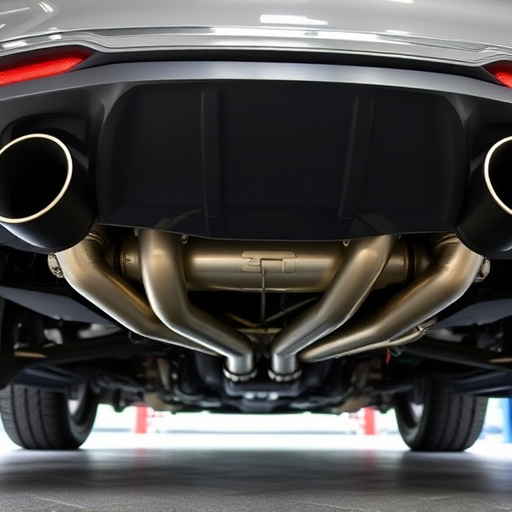
Engine tuning is a delicate art that involves optimizing an engine’s performance while maintaining efficiency. At its core, it’s about understanding how various components interact and how adjustments can enhance or disrupt this balance. The fundamentals revolve around fuel-air mixture, ignition timing, and exhaust flow. Each element plays a crucial role in power generation and overall vehicle performance.
For instance, installing high-flow performance air filters can improve airflow, leading to increased power but potentially affecting miles per gallon (MPG). Similarly, exhaust tips that aid in smoother gas expulsion might boost performance, yet they may not directly impact MPG. Additionally, fine-tuning suspension components can influence handling and stability, indirectly contributing to both power delivery and fuel efficiency.
Balancing Power and Fuel Efficiency
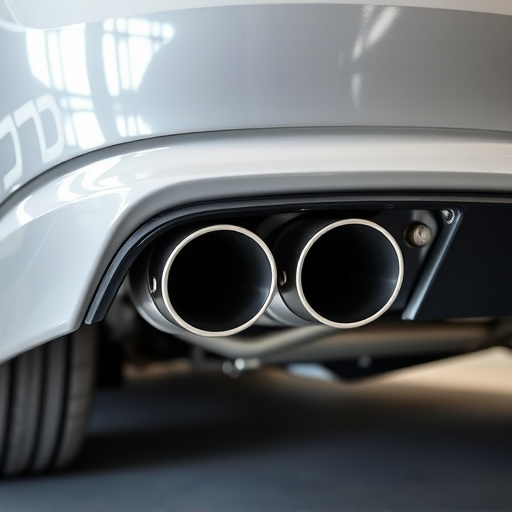
In the quest for optimal vehicle performance, engine tuning plays a pivotal role in striking a delicate balance between power and fuel efficiency. It’s about enhancing the engine’s capabilities while ensuring it remains thrifty on fuel. This fine art involves meticulously adjusting various components to achieve peak performance. For instance, upgrading air intake systems can deliver more cold air to the engine, allowing for better combustion and increased power output.
Similarly, performance exhaust systems facilitate smoother gas flow, reducing backpressure and enhancing overall engine efficiency. However, tuning should also consider suspension kits, as these play a critical role in maintaining stability and optimizing tire grip. A well-tuned engine, aided by suitable upgrades like air intakes and exhausts, along with a balanced suspension setup, can offer both impressive power figures and improved miles per gallon (MPG), catering to drivers’ desires for speed while minimizing environmental impact.
Advanced Techniques for Optimal Performance
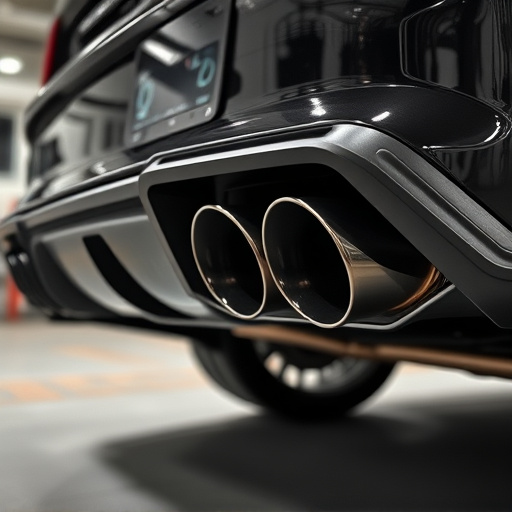
In the realm of engine tuning, achieving a harmonious balance between power and miles per gallon (MPG) requires a strategic approach that goes beyond basic adjustments. Advanced techniques for optimal performance involve intricate modifications designed to extract maximum efficiency from every component. Tuners often employ sophisticated tools to analyze and fine-tune various parameters, ensuring the engine breathes efficiently while delivering robust power. This involves optimizing combustion processes, enhancing airflow, and carefully managing fuel injection—all without compromising structural integrity.
One such method is the strategic integration of suspension kits, meticulously engineered to improve vehicle dynamics and handling. These kits can contribute to better gas mileage by refining the car’s posture and reducing rolling resistance. Similarly, air intake systems, including cold air intakes, are crucial components in enhancing engine performance. By directing cooler, denser air into the engine, these systems support more efficient combustion, resulting in improved power output and fuel economy. These advanced techniques showcase the art of engine tuning, where precision and innovation converge to deliver both powerful performances and impressive MPG ratings.
Engine tuning is an art that seamlessly balances power output with fuel efficiency. By understanding fundamental tuning concepts, optimizing performance through advanced techniques, and striking a delicate equilibrium, vehicle owners can enjoy both robust engine performance and impressive mileage. This tailored approach to engine tuning ensures that modern vehicles deliver the best of both worlds, catering to drivers’ needs without compromising on energy conservation.








